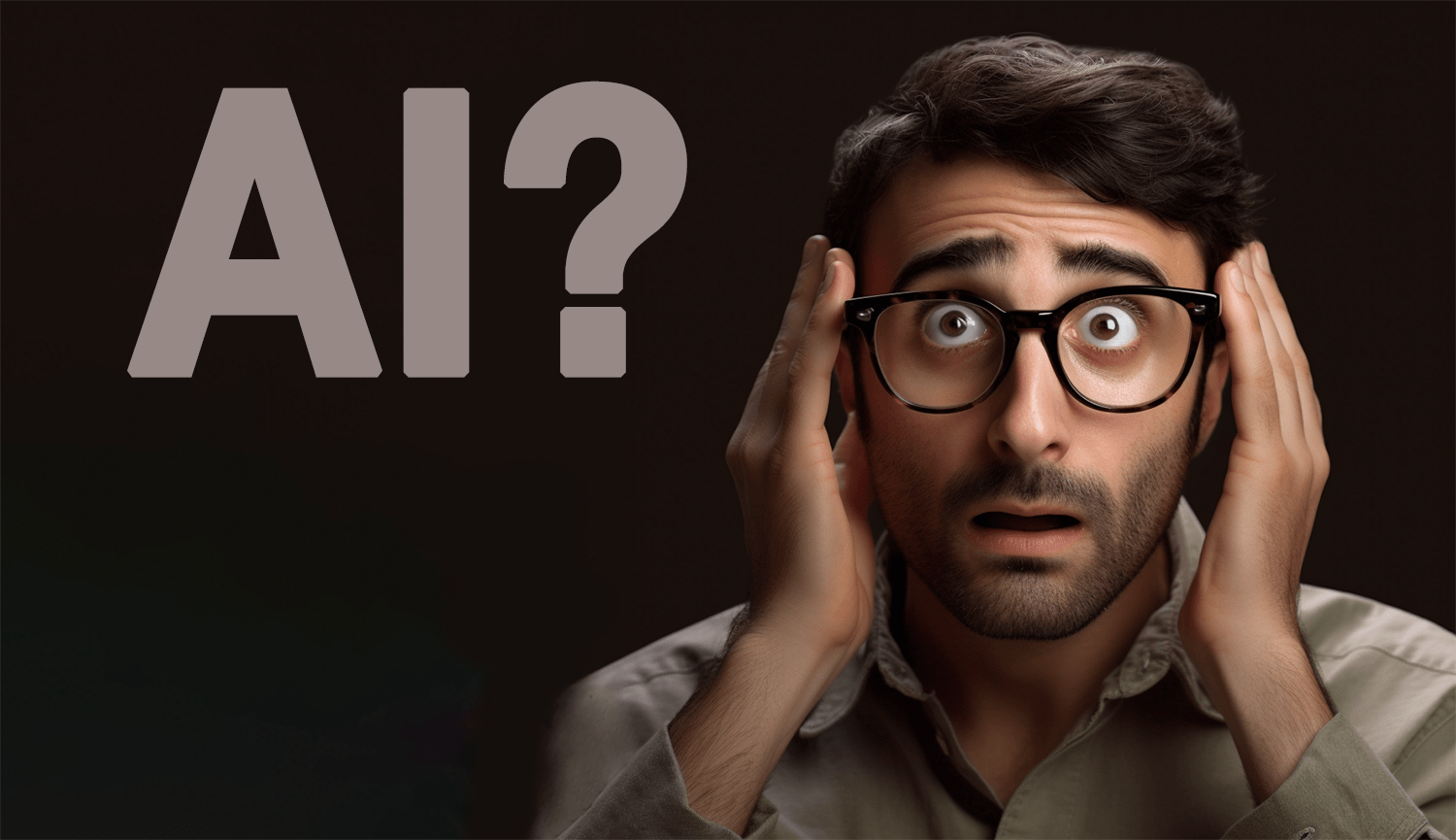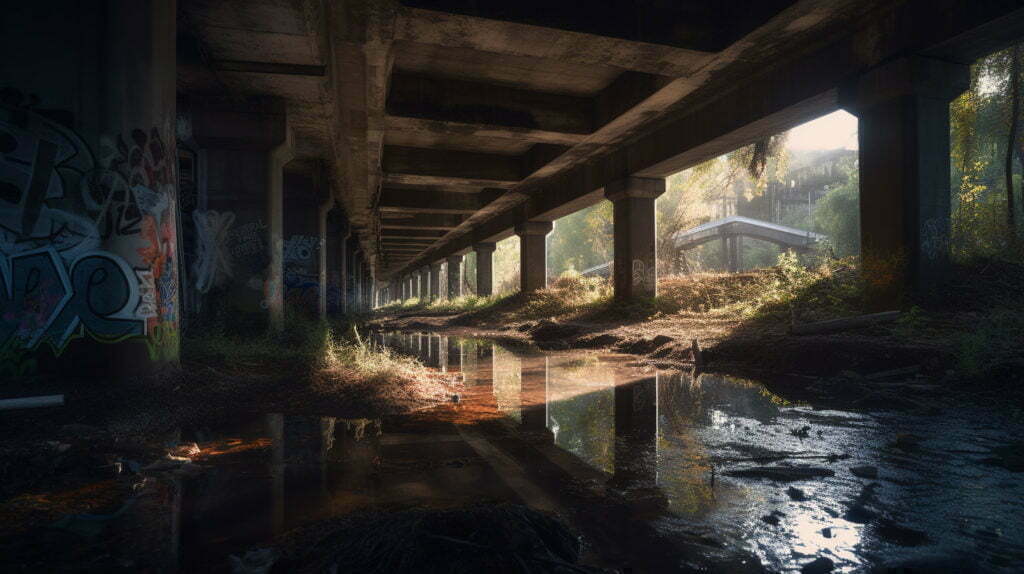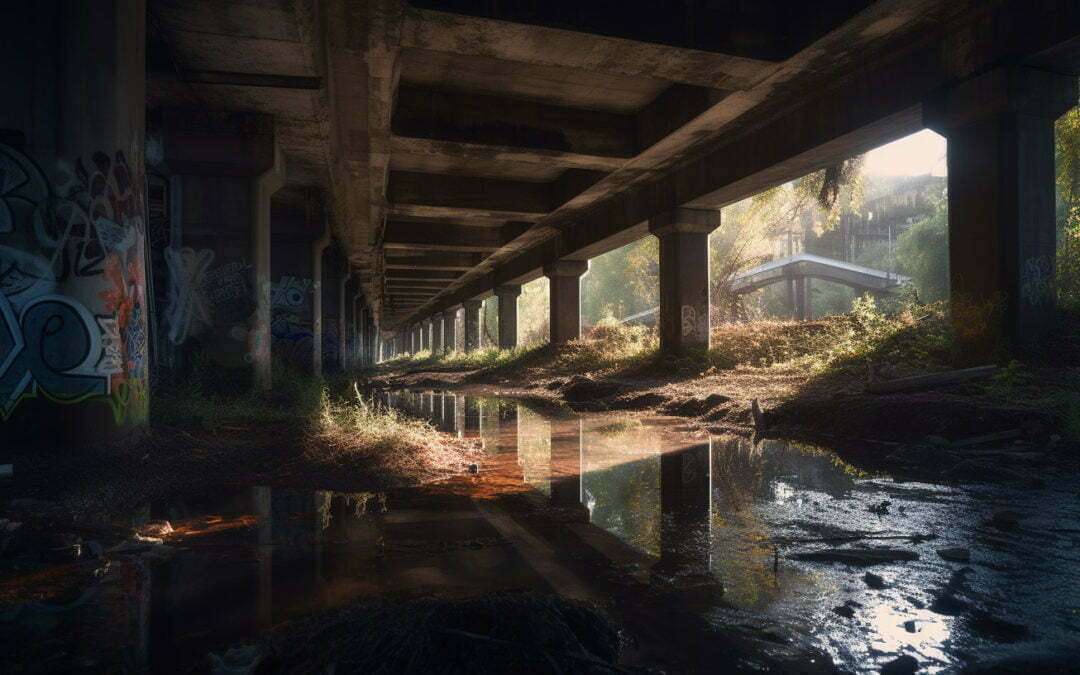
I’ve heard a lot of talk recently about Artificial Intelligence (AI) and the death of creativity. By just typing a simple prompt into an AI engine you can get incredible results in seconds. It’s not surprising many creatives, particularly those working in the visual and written arts are becoming concerned. Leading IT companies like Microsoft have recognised the potential of AI and are moving swiftly to corner the market. They just announced that they will be investing $10 billion into open AI and this is in addition to the $2 billion they’ve already committed.
Open AI are the people that make the AI engines, Dal-e and Chat GPT. Others have recently appeared like Mid-Journey and Stable Diffusion as the demand grows for for AI generated content. I heard recently that Mid-Journey already has one million subscribers who pay £30 a month to use their AI engine.
The way these AI engines work is, you type in a descriptive prompt and they produce a result. You can describe something specific or give it a scenario such as; a black cat, in the rain, in a blue ally in Morocco. You can go on to generate this content in the style of famous artists such as Da Vinci and Turner. The possibilities are only limited by the prompt and some of the prompts I’ve seen have produced remarkable results. An example would look something like this:
under concrete flyover, graffiti on the pillars, stream with concrete banks, abandoned shopping cart, nature returning, backlighting, daylighting, incandescent, ambient day lighting, cinematic volumetric lighting, studio lighting, cinematic, shot taken by ARRI —ar 16:9 —q2 —v5 seed1 — —s750
(@Adam Cadman)

According to Tomorrow’s World we should soon be relaxing whilst robots take care of our every need. Work will be a thing of the past and everything will be done by machines whilst we, pursue a life of leisure. This all seemed possible back in the 1970s but I don’t remember anybody ever suggesting that creativity and art itself could ever be replaced. Yet here we are with AI generating art as good as, if not better than, some artists. AI’s ability to generate the written word is already indistinguishable from a piece of writing generated by humans. An AI recently passed the exam for a business school in the United States. With anything and everything on the table, the possibilities are endless.
If we look back through history at some of the main social and economic changes that have changed the world such as the Iron Age, the Bronze Age, the Industrial Revolution, the Information Technology Age we can see we’ve faced major change many times before. At the start of the Industrial Revolution for example, the invention of machines completely decimated the textile industry leaving many without work. The new textile looms were faster, more efficient and needed fewer people to operate them. Even though these changes resulted in reductions in the cost of living and improvements to life expectancy, there were many who felt abandoned. Skills and trades they had been developed over many years suddenly had no economic value.
The reality is that with any change there are winners and losers but losing can be extremely painful when so much has been invested. The angry textile workers rallied and began smashing the machines that threatened their livelihoods. They became known as the Luddites and they became such a threat to the industrialists, the British army was sent in to quell their rebellion. At one time there were more British soldiers fighting Luddites than there were fighting Napoleon’s armies.
Following the Industrial Age we moved into the Information Age where computers came along. There’s massive, rapid change and skills and trades are again lost. The attraction for big business is obvious, the computers and the machines don’t strike, they produce more and they don’t get sick.
It becomes a no-brainer for employers.
I think you can see where I’m going with this. As more capable machines come along, less people are needed but it’s not necessarily doom and gloom. Many people are able to adapt and are aware enough to change in-line with the world that surrounds them, preparing and training for the new opportunities that change always brings. We have to remember that following the major social and economic changes of the past, we have experienced massive improvements to our standard of living, our life expectancy, our health and our freedom.
Today we have a booming IT industry with a multitude of new jobs. Where people once came together to work they can now work from anywhere in the world. People competing for jobs are no longer in the same town or even the same country. Within IT, boundaries and borders have been removed and the world has truly become a global marketplace.
So where does that leave us? I believe, on the cusp of a new age. As with the loom workers, I can see that my current design and photography skills are going to have to adapt and develop if I’m going to survive commercially. I’ve done it before moving from the technical world of film to the relative ease of digital. I’ve responded to everyone being a photographer by getting better at what I do, by constantly honing my skills and improving my knowledge. If we can understand how our world is changing, we can prepare for it. We shouldn’t fear tomorrow, we should welcome it and look forward to the opportunities it will bring.
Does the access and ease of use make creatives obsolete? I don’t think so. The skill needed to produce a truly great piece of art are still beyond the average person. At the cutting edge, there is plenty of work for those who have the skill set and the vision to take their imagination to the next level. Don’t forget, change takes time and whilst initially we think we’re seeing huge change, it generally follows the 80% – 20% rule. The further you go with anything the more difficult it gets and the last twenty percent generally takes a lot longer than the first eighty percent.
AI is incredible and it can create some fantastic art but it can’t generate what’s in my mind. For me, as a working professional, it’s a starting point, a place where I can develop my ideas. As a the hobbyist, nothing changes. If I’m enjoying what I do, I’ll just carry on. Always remember, the perfect results produced by AI will never recognise the wabi-sabi in what we see. There will always be beauty in imperfection.

